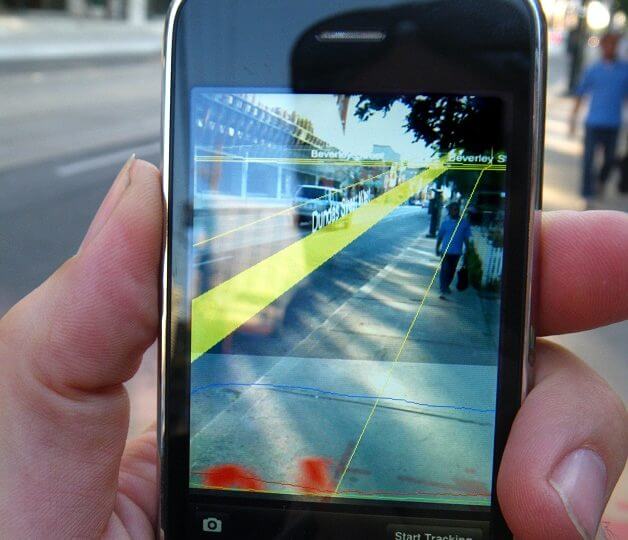The U.S. District Court for the Southern District of Texas recently found that a defendant has no reasonable expectation of privacy in an image’s metadata, including the GPS coordinates, even if the defendant did not realize he was exposing that information when uploading the image to a public website. In U.S. v. Post, Donald Post attempted to suppress evidence discovered at his home, which federal agents located by using opanda.com to analyze an image of child pornography hosted on a publicly available webpage. Opanda.com is a website that allows users to extract metadata from a photograph, including GPS coordinates that may be embedded in the picture. Post argued that the image, which he intended to upload publicly, and the image metadata should be considered separately for purposes of 4th Amendment analysis. Since Post did not intend to make the metadata, particularly details of his location, public he believed that law enforcement should have had to obtain a warrant for such information. The court disagreed and refused to separate the image and the metadata, both of which were put in the public domain by the defendant. The court analogized the GPS coordinates to DNA left on clothes in public. While the person who left the clothes behind may not have intended to also leave DNA behind, once they did the police are not required to obtain a warrant to analyze it.
The court made sure to distinguish its finding in this case from ongoing litigation about the privacy interest in telephone numbers dialed, noting that whether a person loses a privacy interest in telephone numbers disclosed to a third party provider is a far different question from whether a person loses a privacy interest in something they chose to make public.


